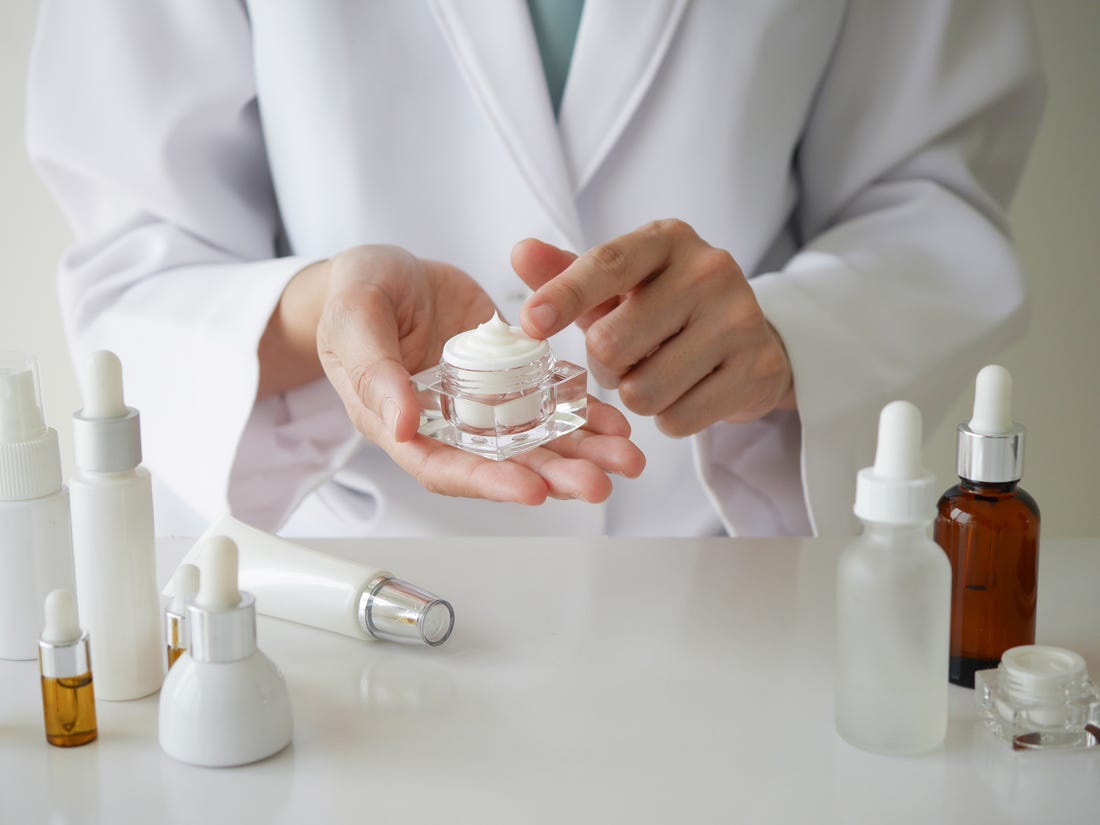It is extremely important to know your skin type – whether oily, dry, normal, sensitive or a combination. It would help you to become more self-aware of the skincare products you buy.
Note that using the wrong products or jumping on just any internet hack might worsen conditions and add to the complications.
No matter the skin type, it is important to build a daily skincare routine that would assist improving conditions like acne, dark spots, scarring and allow for general maintenance of healthy skin.
For your skincare routine, there are four basic steps to follow.
- Cleansing
Using a cleanser is always necessary but make sure to use it no more than twice in a day; once, if you have dry skin. If you don’t know your skin-type, it is best to choose cleansers that work for all-skin types. Avoid the type that leave you face feeling tight or squeaky clean.
- Use of serums
A serum containing vitamin C or peptides would be great for a morning skincare routine while those with retinol or prescribed retinoids work best at night.
- Moisturizer
Both oily and dry skins need a little moisturizing effect. Oily skins can go for a lightweight, gel-based type while cream-based types are effective dry skins.
- Sunscreen
Apply sunscreen 15 minutes before heading out daily to allow it activate properly. Sunscreen is more important for those with darker skin-types because correcting hyperpigmentation can be very difficult.
READ ALSO: Beauty Hack: Prevent Hair Loss With These Tips
General Points to Note for good skin
- Always stay hydrated
- Change your pillow case at least once every week
- Wash and/ wrap up your hair before going to bed
- Be sure to wear sunscreen everyday if you can
- Use retinol and prescription retinoid products only at night
- Always read labels
- Start with basic skincare routine before adding others like exfoliating and masks
- Do a patch test for new products on a small part of your arm
- Avoid DIY hacks that involve garlic, toothpaste, baking soda, lemon juice, sugar and vitamin E (they tend to be harsh and cause complications)
- Talk to a dermatologist

